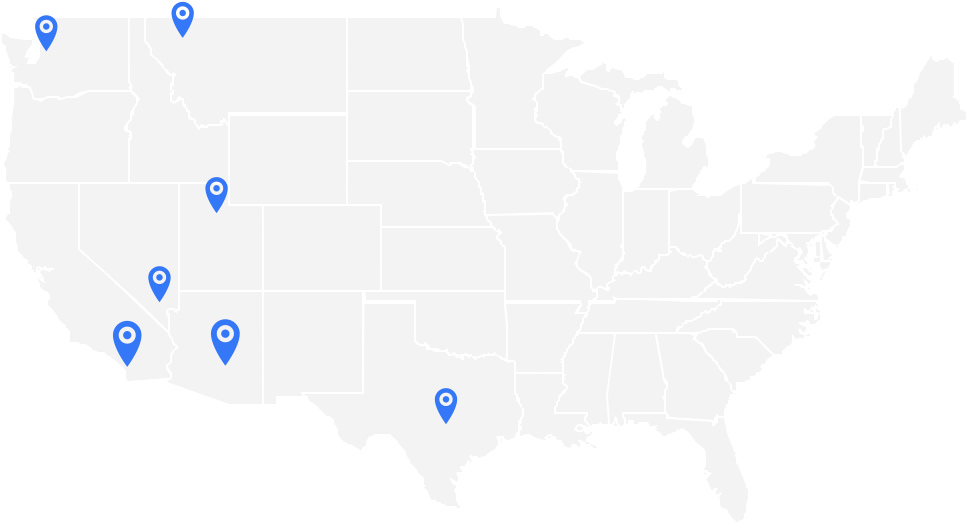We’ve all been there—pouring grease down the kitchen sink after cooking because it seems like the easiest thing to do. But you know what? It’s one of those habits that can sneak up on you with big consequences. Not only can it cause major clogs in your pipes (trust me, dealing with those is no fun!), but it also does a number on our environment. The last thing any of us want is to harm our planet, right?
So, let’s talk about why ditching the drain for grease disposal is not just a good idea, but a small change that can make a real difference in keeping things flowing smoothly, both at home and beyond.
Why are you not supposed to pour oil down the drain?
While it might not seem like a big deal at first, pouring grease down the drain is discouraged for several important reasons. Let’s take a look at a few:
Pipe Clogs and Blockages
Pouring grease down the drain is a surefire way to invite pipe clogs and blockages into your home. As grease cools, it solidifies and clings to the walls of your pipes, gradually narrowing the passageway for water flow. This can lead to slow drainage, backups, and in severe cases, complete pipe blockages. Dealing with these issues often requires professional intervention and can be costly.
Moreover, the environmental impact shouldn’t be overlooked—grease that ends up in sewer systems can contribute to the formation of fatbergs, large masses of congealed grease, and other waste that can wreak havoc on municipal infrastructure.
Environmental Impact
When grease gets into the sewer system, it doesn’t just disappear—it can end up in our rivers, lakes, and oceans. As it breaks down, it releases all sorts of nasty chemicals that are bad for fish and other aquatic creatures. Imagine the impact on those delicate ecosystems!
But it doesn’t stop there. Grease can also wash up on our beaches, creating these gross, smelly blobs that no one wants to see or smell.
Pipe Damage and Corrosion
Pouring grease down the drain can lead to significant pipe damage and corrosion over time. As grease cools inside the pipes, it solidifies and adheres to the inner walls, gradually narrowing the passage for water flow. This buildup not only causes annoying clogs but also puts stress on the pipes themselves. Over time, the trapped grease can corrode metal pipes and weaken plastic ones, potentially leading to leaks or even burst pipes.
Expensive Pipe Repairs
Pouring grease down the drain can quickly lead to expensive repairs for home and business owners. Clearing these clogs often requires professional plumbing services, which can be costly depending on the severity of the blockage and the extent of damage caused. Moreover, if grease-related issues are left unchecked, they can escalate into more significant plumbing problems that may require extensive repairs or replacements of pipes and fixtures.
What to do if you accidentally pour oil down the drain?
If you find yourself in a situation where oil or grease has gone down your drain, don’t panic. Immediately flush the drain with hot water to help prevent the grease from solidifying and sticking to the pipes. Avoid using chemical drain cleaners as they can worsen the situation by corroding pipes over time. Instead, consider calling us for a free consultation on how to safely manage grease down the drain and prevent future plumbing issues. Taking proactive steps now can save you from costly repairs later.
Let’s work together to keep your plumbing system running smoothly and avoid the pitfalls of improper grease disposal.






